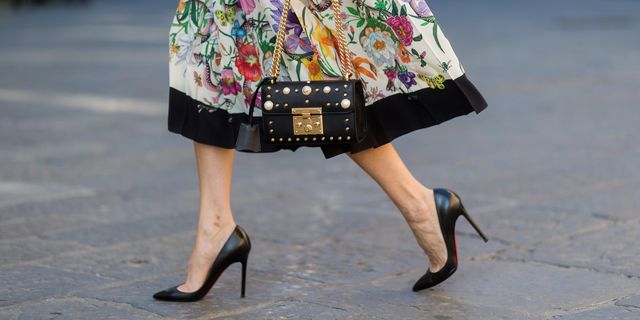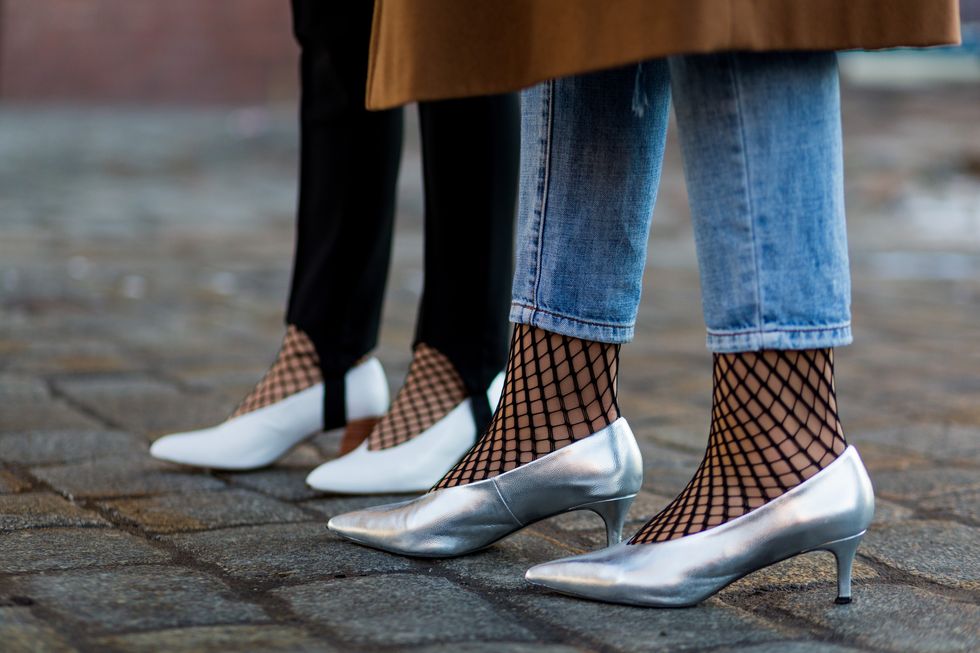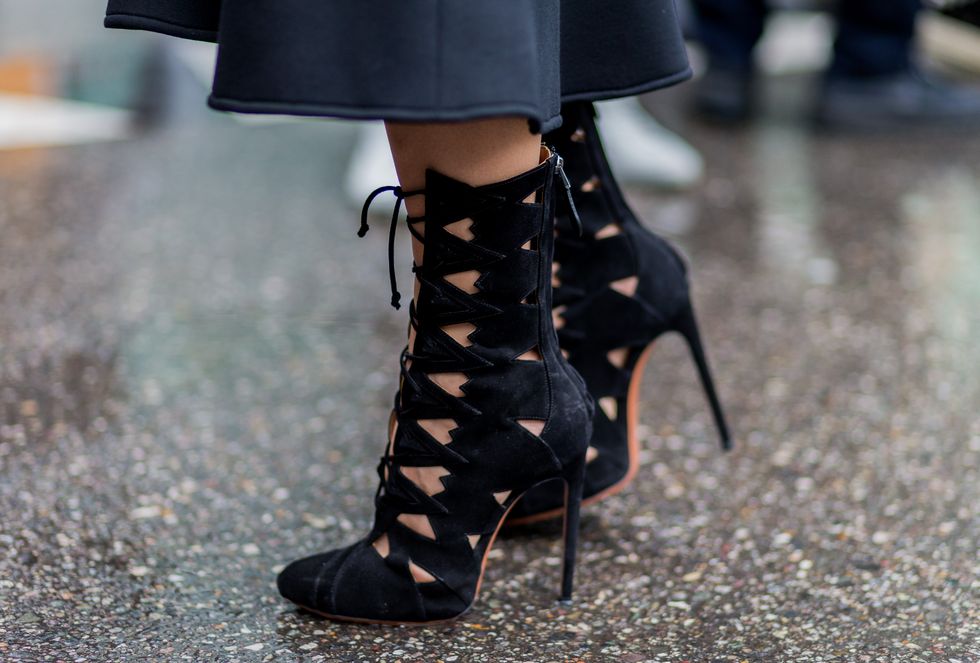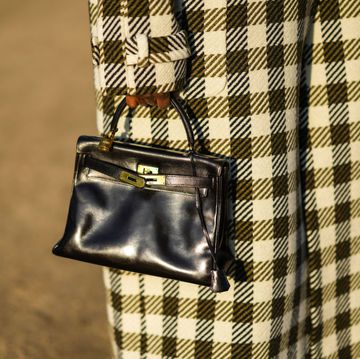Cast your mind back to May last year.
You'll remember the news of a receptionist called Nicola Thorp who claimed she was sent home – unpaid – from work at a corporate finance company after refusing to wear high heels.
In the weeks that followed, Thorp's discriminatory treatment sparked a national outcry, with over 150,000 people signing a petition to make it illegal for companies to stipulate the height of a woman's heel.
As a result of Thorp's experience, the women and equalities committee and the petitions committee invited the public to submit examples of discriminatory dress codes and received hundreds of examples of sexist instructions issued to female employees, according to the Guardian.
Now, a new UK parliamentary report, published on Wednesday, is calling for a review of current equality legislation regarding what employees wear in the office.
The report said: 'It is clear that many employees do not feel able to challenge the dress codes they are required to follow, even when they suspect that they may be unlawful.
'Discriminatory dress codes remain commonplace in some sectors of the economy,' it added.
MPs also argued the 'troubling' examples of the widespread sexist dress codes placed on women in the workplace clearly showed the Equalities Act 2010 was ineffectively protecting employees.
'We heard from hundreds of women who told us about the pain and long-term damage caused by wearing high heels for long periods in the workplace, as well as from women who had been required to dye their hair blonde, to wear revealing outfits and to constantly reapply makeup,' read the report.
The call on government to review the law is in direct contrast to statements made by former women's minister Theresa May back in 2011, when she dismissed allegations of sexist dress codes, saying 'traditional gender-based workplace dress codes […] encourage a sense of professionalism in the workplace'.
The committees ask for an urgent review and possible amendment of the law, and admitted they would like to see more effective penalties against employers for breaking legislating, according to the Financial Times.
Gender equality and women's rights campaign group The Fawcett Society reportedly told the inquiry that sexualised dress codes suggest looks are more important than skills.
'There have been statements from women expressing that being asked to look 'sexy' in the workplace leads to the uncomfortable realisation that the business they work for is profiting from their bodies,' the campaign group told the Guardian.
Finally, discriminatory dress might one day come to heel.

















